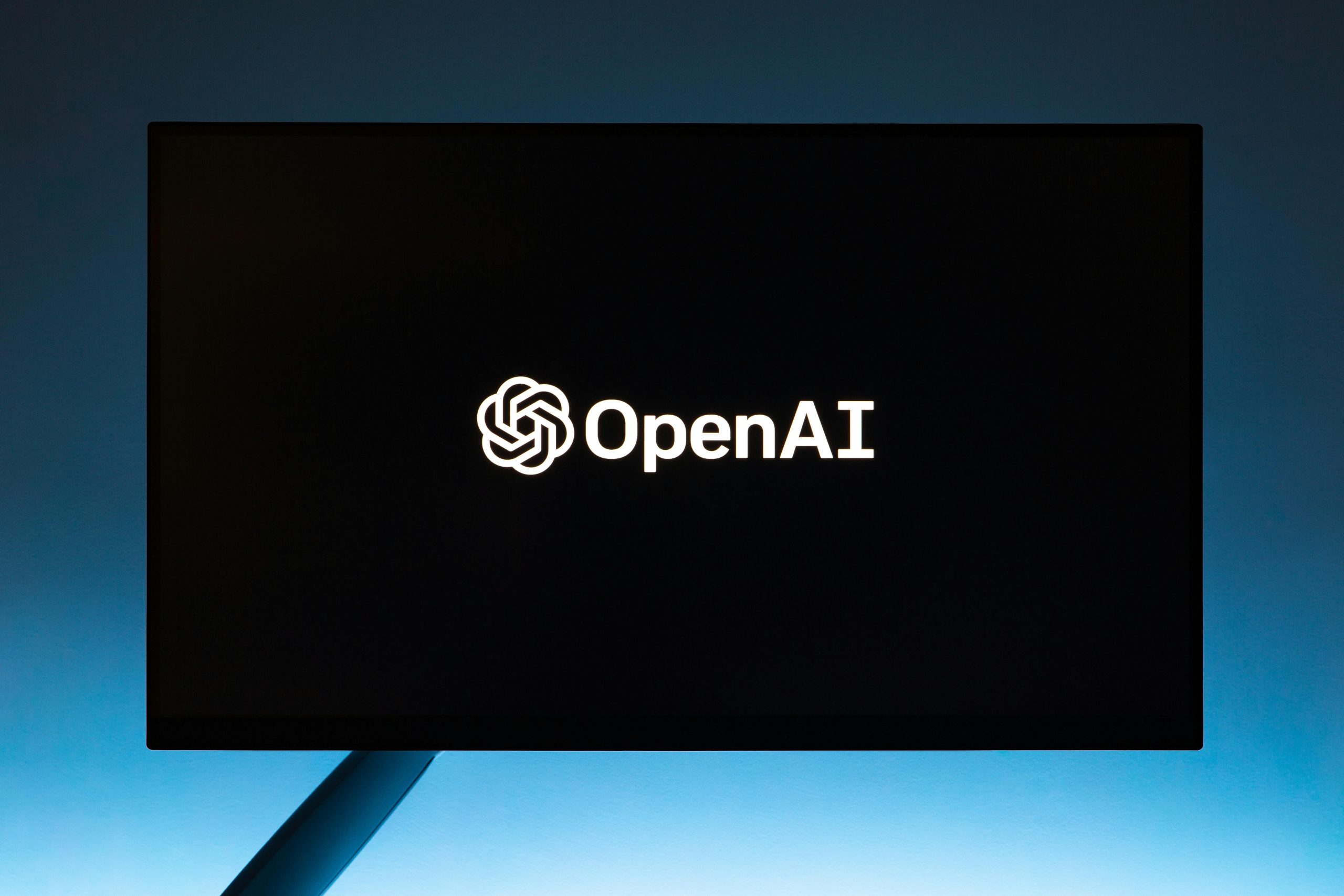Just be honest with us younger folk – AI is better than us
Title: The Reality of Job Prospects for New Graduates in an AI-Dominated World
As a Master’s student in Computer Information Systems expecting to graduate in late 2026, I find myself grappling with a daunting question: How will the rise of artificial intelligence impact job opportunities for new graduates? While seasoned professionals often express confidence that their years of experience will keep them ahead of AI, those of us entering the workforce soon don’t share that same optimism.
Recent reports from leading corporations like Google and Meta reveal a troubling trend: companies are increasingly slowing down or halting campus recruitment for entry-level positions, particularly in technology and finance. By 2025 and 2026, the outlook for new graduates in fields like mine suggests a shrinking job market, not merely based on speculation, but on clear industry signals. This concern is not isolated to just a few companies; it reflects a broader shift happening across sectors.
Those offering reassurances that “there are jobs out there” may not fully grasp the long-term ramifications of this automation wave. As I look toward the future, with only 1.5 years remaining in my program, the ground is shifting beneath our feet. While there may seem to be existing opportunities in certain areas, the reality is that many entry-level positions are disappearing. Non-physical roles, such as software engineering, data analysis, and IT support, are increasingly being filled or automated by AI technologies long before I, and others like me, can even hit the job market.
It’s crucial to recognize that we’re not alone in this struggle. There are over 2 billion individuals worldwide, ranging from infants to high school students, who are yet to enter the workforce. With such a vast pool of future workers, many equipped with essential skills and high aspirations, the competition for the dwindling number of roles left will become even more intense.
When we hear the phrase, “there are jobs,” we must acknowledge that this overlooked 10% of available positions will likely be inundated with overqualified applicants, including those who’ve been laid off mid-career. The suggestions of upskilling or simply networking harder may not suffice in a market where the entry-level roles we aspire to fill seem to be closing off.
So, I ask: Are others observing this impending reality? What strategies do you envision employing when the entry-level positions become virtually inaccessible? It’s time for an honest dialogue about the future—and what it holds for us new graduates standing on the brink of














Post Comment